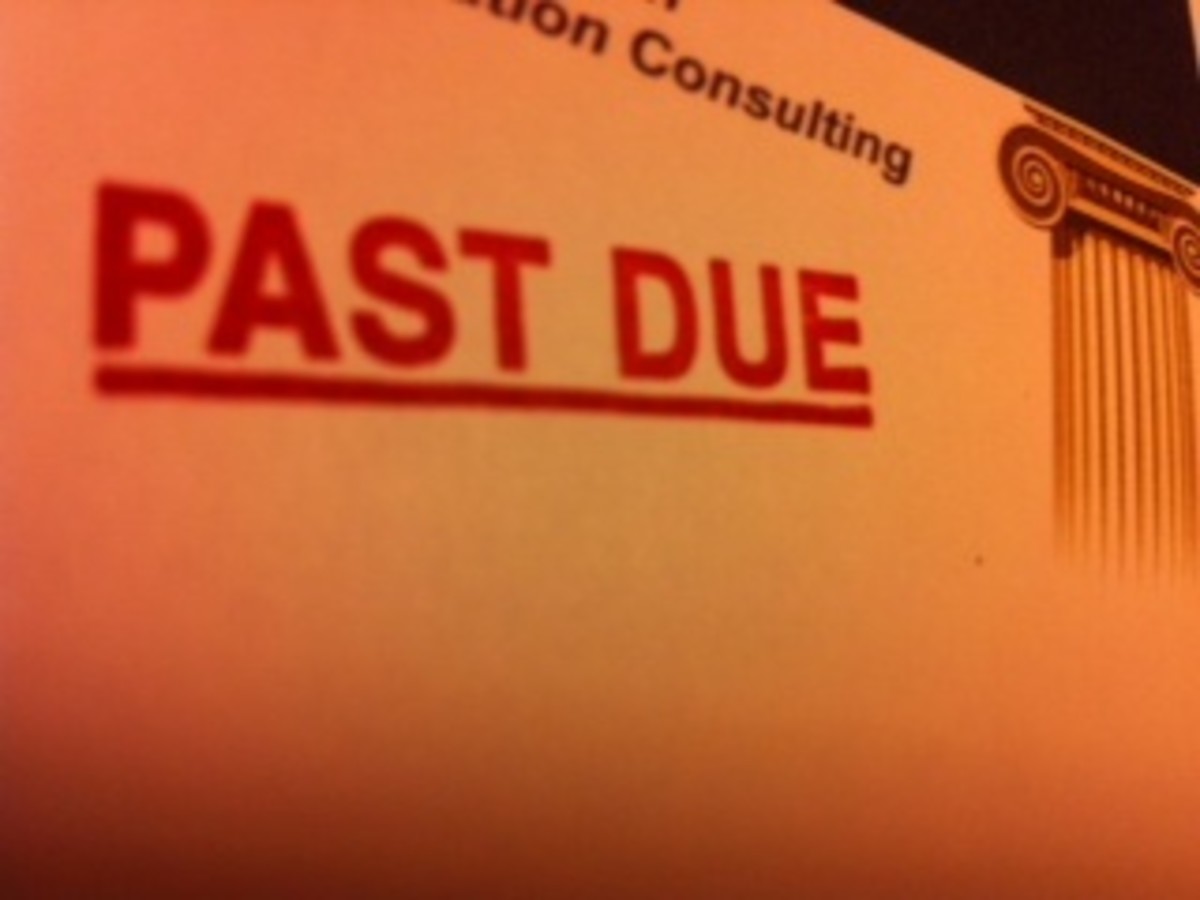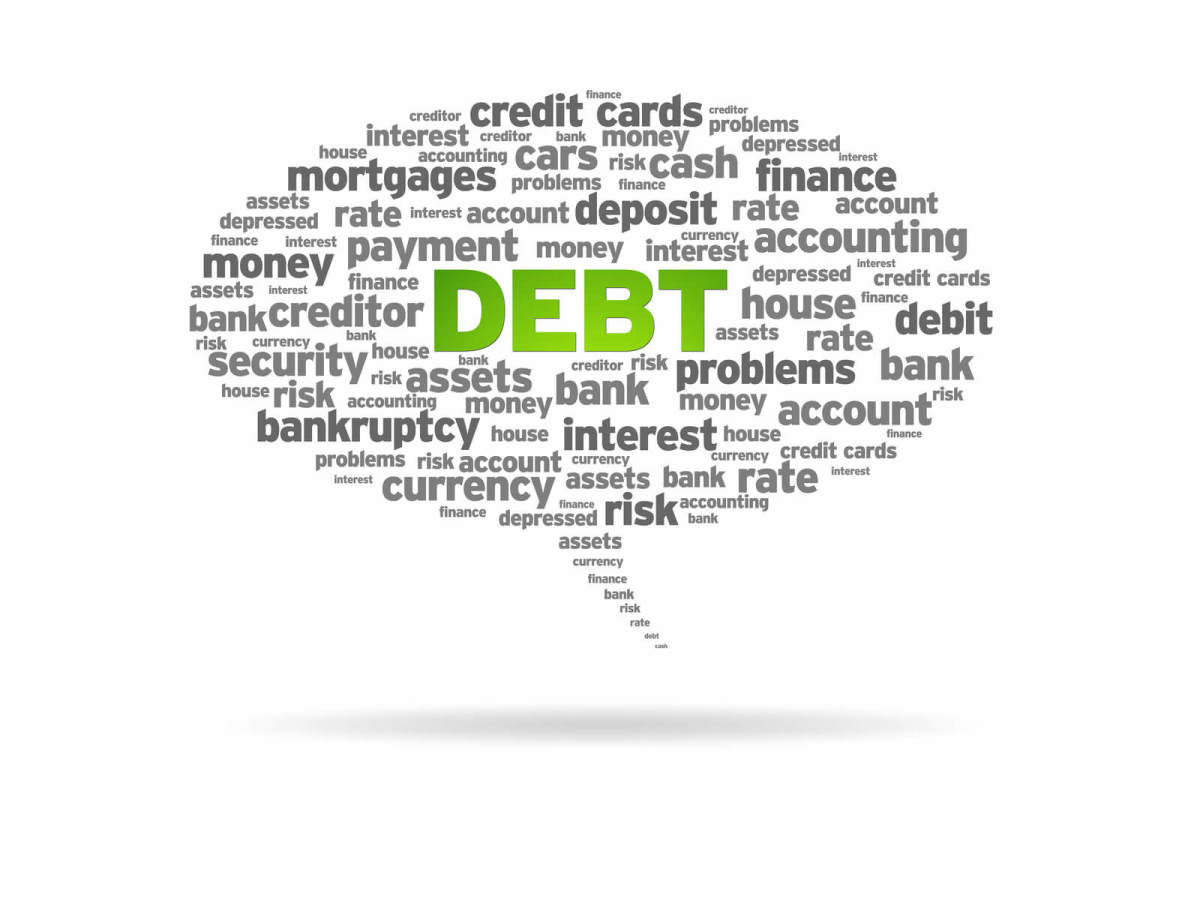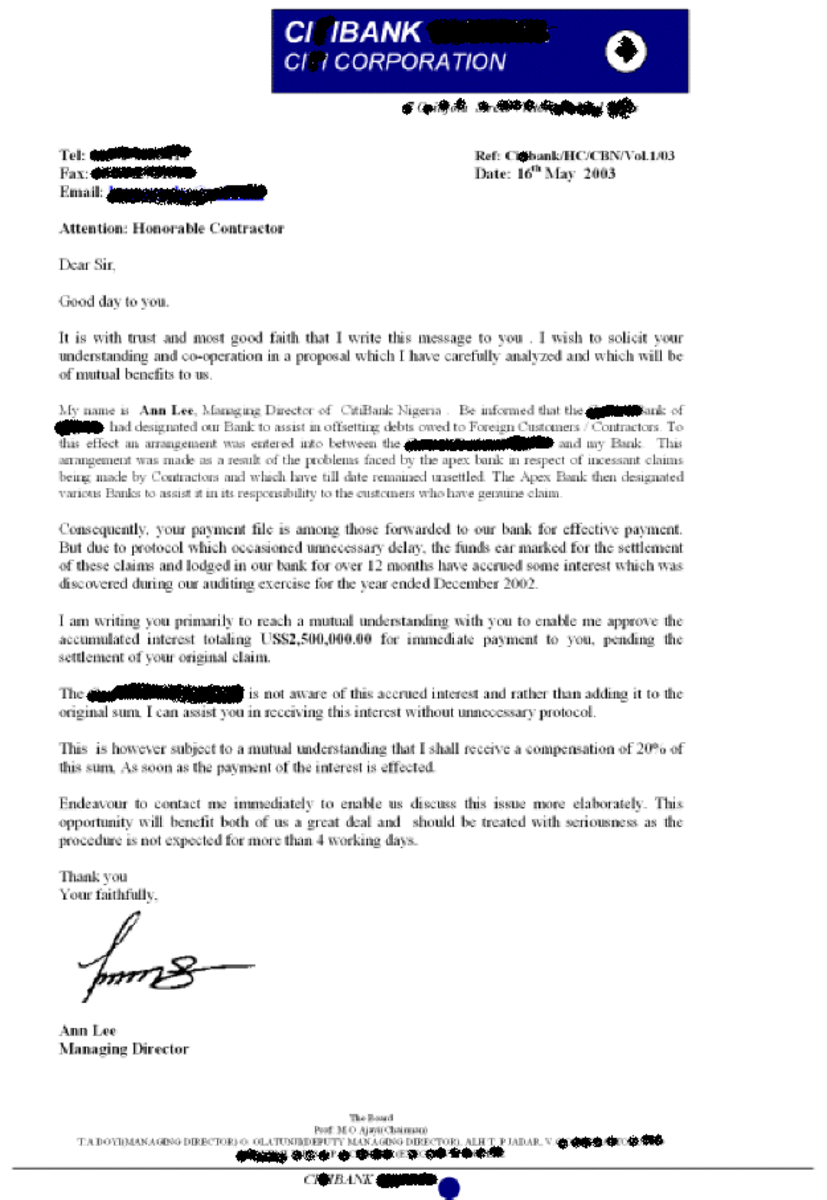Dealing with debt collectors
When you get into arrears with your debt payments, one of the most unpleasant things you have to deal with is being chased by debt collectors, often to a point of harassment.
This page tells you how to deal with debt collectors and explains the law governing how they act.
Debt collecters can by split into two types. The first is the bank or retailer whom you had the original financial agreement with. The second are specialist debt collection agencies who have bought your debts from the original lender and who then seek to recover the money. The type of debts sold to a debt collection agency are typically arrears on mobile phone contracts, arrears on utility bills and credit card debts - usually they are sold to the debt collectors at a deep discount on the face value of the debt, often as deep as 70%, and the debt collectors then make their profit by trying to recover most of the debt from you.
Some types of debts such as mortgages are rarely sold - this is because they are secured on property which is valuable enough for the orginal lender to retain the debt. The exception is sub-prime mortgages, which are frequently off-loaded to third parties.
Why are the original lenders selling the debts on for such deep discounts (i.e. they are sometimes making a loss when they sell the debt)? Usually for cashflow reasons - they'd rather sell the debt on for 30% of the face-value now than have to wait years to get their money back. In addition most cell-phone and utility debts are relatively small, and the administrative cost of chasing these debts in-house outweighs the cost of selling on to the debt collection agencies.
The debt collection agencies also have similar administrative costs - but they make up for it by being super aggresive when they chase people for money, which usually means they recover quite a bit of the face value of the debt they have bought.
At the other side of this equation is the person in debt. The majority of people who get into arrears with their debt do so because of life events - they've lost their job, they have health problems, a business they started has gone bust due to the recession etc. The proverbial extravangant spender is actually not as common as you would think, though of course some people deep in debt got there precisely because of extravagance.
What to do
It's always easier to deal with the original lender rather than the debt collection agencies. The original lender has an interest in maintaining a relationship with you as they may want to sell you financial products in the future. Debt collectors by contrast are not interested in any relationship with you, they just want their money back and are prepared to be as intimidating and aggresive as they can to achieve their aims.
Therefore when you first get into debt, never ever ignore letters or phone calls from the bank. Always try to deal with them promptly even if it is just explaining your circumstances to them. The debts that get sold on are those the bank feels they can never recover by themselves - people who are ignoring letters and phone calls and people who are paying such trivial amounts it will take decades for the debt to be paid.
1. When you are first in arrears and receive letters or phonecalls, speak to the lender that is chasing you, explain your circumstances (you've lost your job etc), and advise them that you are seeking advice on how to put together an emergency budget and will speak to them again in a couple of weeks. If you are in the initial stages of your arrears, they will usually accept this.
2. Next see this free debt advice sheet, which explains in detail how to set up a budget, and how to reduce your expenditure and increase your income. Follow the advice! Don't sit on it. This is a race against time, and things will worsen the longer you leave it.
3. Once you have got your budget together, you need to contact your lender and ask them to freeze the interest on the debt and offer to pay a small amount to them, temporarily till your circumstances improve. It's important here to stress to them that you are doing everything in your power to seek another job at which point normal payments will resume. If they think that you will recover your situation, they are more likely to allow you the breathing space and not sell the debt on.
Harassment from debt collection agencies
The original lender will usually write to you and try to phone you repeatedly, but they are usually polite and neutral towards you. Debt collectors will also phone, but they are likely to be aggressive and intimidating. Often they will threaten to take you to court, initiate bankruptcy, put a charge on your property or send in the baillifs. Most of what they say is incorrect and simply designed to panic you into paying up.
Note that it's not in the interests of the debt collector to take you to court. Courts are expensive, and if you have been trying hard to come to an agreement with the debt collectors, the judge is very likely to rule that you are doing everything you can and impose a debt repayment plan pretty much like the one you offered to the collection agencies in the first place.
Try to deal with the debt collection agencies by letters, which you keep copies of, and send by recorded delivery or certified mail. You need to be able to prove everything you have done should the worst come to the worst and they take you to court.
If you are finding it intimidating dealing with the debt collecters directly, you can appoint the charity CCCS to deal with them on your behalf. Their service is free of charge, and the phone calls and letters should stop once they take over your case. The industry funded National Debtline offers a similar free service to negotiate with debt collectors on your behalf.
The Law on Debt Collection
There are legal safeguards to protect individuals from over zealous debt collectors
USA
In the USA, if the debt has been sold onto a third party, Federal law (Fair Debt Collection Practices Act 15 U.S.C. section 1692c(c)) allows you to write to the debt collectors and ask them to cease contacting you. You need to quote the reference above to the Fair Debt Collection Practices Act in your letter, keep a copy of the letter and send the original by certified mail. Note that this can't be done if you are dealing with the original lender.
Once the debt collector has got the letter, they can only contact you to advise you that they may invoke certain remedies (such as taking you to court) or that they will be invoking certain remedies (eg sending in baillifs). Note that this letter doesn't prevent them from sueing you to make you bankrupt or seize your property, it just stops the harassment. If they don't desist, you can get a lawyer to write to them (if you can find someone who does pro-bono work).
The law also forbids debt collectors from speaking about your situation to third parties (your colleagues, parents, spouse, neighbours), or from contacting you at unusual times or places, and they are banned from threatening action that they can't take.
Finally, do complain if they continue harassing you to Consumer Response Center at Federal Trade Commission, CRC-240, Washington, D.C. 20580. Consumers can also call the Commission toll-free at 1-877-FTC-HELP (382-4357). The Federal Trade Commission is tasked with regulating malpractices by debt collectors, though their record on cracking down is patchy.
UK
In the UK debt collection is governed by the Protection from Harassment Act 1997. This act of Parliament allows debt collectors to contact you at work, but they are forbidden from discussing your situation with your colleagues and the Act forbids debt collectors from calling you at unsocial hours (before 8 a.m. or after 9 p.m. and forbids them to threaten powers they don't have.
If the debt collector breaches these rules, you can report them to either the Office of Fair Trading or the Financial Services Authority. Both the Office of Fair Trading and the Financial Services Authority are quite gung-ho about cracking down. In March 2009, the Office of Fair Trading ordered the debt collection agency 1st Credit to stop making idle threats to make alleged debtors bankrupt or to take them to court. They've been put on close monitoring (which means 1st Credit has to make reports to the OFT every six months), and have been warned that if there were any more complaints a fine of £50,000 would be slapped on them and consideration would be given to revoking their licence to trade. As a result, the banking giant Halifax announced that they were no longer selling their debts on to 1st Credit.
Conclusion
The best way to deal with debt collectors is to come to a negotiated agreement to repay your debts. Once you have agreed a repayment plan, the calls and threats should cease as long as you stick to the plan. I highly recommend using one of the charities quoted above to negotiate on your behalf. They are experts on debt negotiation and should take the pressure of dealing directly with the debt collectors off you.







